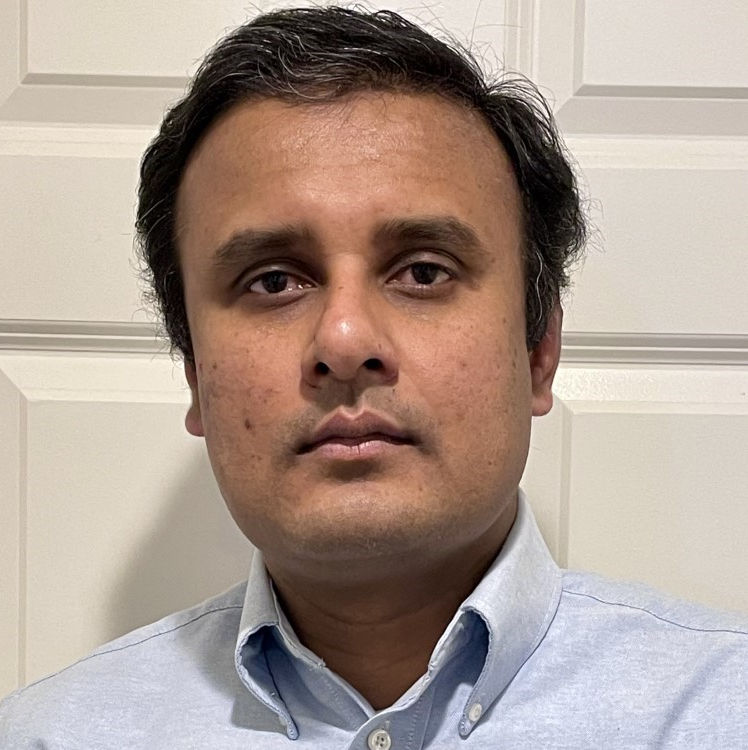
The U.S. Department of Defense (DoD) awarded four UConn scientists with high-profile grants to fund the acquisition of technology to bolster their research capabilities.
The highly competitive Defense University Research Instrumentation Program (DURIP), offered by the Air Force Office of Scientific Research (AFOSR), the Army Research Office (ARO), and the Office of Naval Research (ONR), funds cutting-edge research projects with potential to assist national defense.
Lithium-ion (Li-ion) batteries are one of the most common rechargeable energy storage technologies on the market. As a rule, they are quite safe under normal operating conditions, powerful, and scalable, from smartphones to electric cars. But given the number of Li-ion batteries produced around the world, their relatively small failure rate has still resulted in some high-profile stories of Li-ion batteries going into thermal runaway – an event when a battery catches fire, explodes, and releases toxic gases.
IMS member Naba Karan, an assistant research professor at the Center for Clean Energy Engineering (C2E2) in the School of Engineering, isn’t surprised.
“You can think of them as bombs,” he says, noting the high quantity of chemical energy contained within Li-ion batteries. And he’s looking to blow them up—on purpose.
With funds from the Office of Naval Research, Karan is constructing a facility at UConn that will explode the batteries in a controlled environment to determine critical safety parameters needed for designing advanced engineering protocols to mitigate thermal runaway events. In a military context, this information will help operators of machinery that depend on these high-powered batteries, such as submarines, determine when internal battery temperatures are exceeding safety thresholds. Most crucially, it will allow them to avoid catastrophic failure by diverting some of this heat.
The equipment will be able to analyze thermal characteristics of all types of energy storage technologies, not only Li-Ion batteries. Since it will be one of the only such facilities in the northeast region, Karan anticipates a high degree of interest and collaboration from other universities and companies looking into studying the safety characteristics of existing and emerging battery chemistries.